The Farmlink Project aims to fill the holes in the food supply chain that stop surplus produce from getting to those who need it. In the case of 80 Acres Farms, this meant establishing a connection between neighbors and transporting food just down the street.
This week, The Farmlink Project moved 41 pounds of mixed vegetables to the Arkansas Coalition of Marshallese, an organization striving to “improve the health of the Marshallese community." Both 80 Acres Farms and the Arkansas Coalition are located in Springdale, a small city in northwest Arkansas. Second only to New Mexico in percent of population considered food insecure, Arkansas faces extreme food insecurity: an estimated one in six residents are consistently without access to nutritious food.

The Farmlink Project makes an effort to not only facilitate high-volume deliveries, but also partner with farms whose values we share. 80 Acres Farms has made an outstanding commitment to sustainable agriculture. 80 Acres Farms is completely indoors—its name stemming from the amount of produce they can grow, not the farm's physical size. They have employed vertical farming techniques, which allow them to maximize both space and resources. The farm operates on 100% renewable energy and uses 97% less water than other farms of the same size. 80 Acres Farms is also pesticide free; indoor space allows for the monitoring of every variable to ensure pesticides will never be needed. Since its founding in 2015, 80 Acres Farms has expanded to eight locations across the United States and in February installed an exhibit at the Guggenheim Museum in New York. Though the exhibit shut down in March due to COVID-19, according to Rebecca Hader, Vice President of Creative and Marketing at 80 Acres Farms, the farm is so low-maintenance that since the start of the pandemic, “one man has been able to operate it independently.” All of the produce grown at the Guggenheim location has been donated.
Rebecca highlighted the changes that the COVID-19 pandemic required 80 Acres Farms to make: they, like many other farms, had to “pivot from restaurants to retail or direct-to-consumer pickup.” 80 Acres Farms’ unique setup, however, allowed for easier adaptation to farming during a pandemic. The technologies they use require fewer people to be present than at a traditional farm, and the farm’s being indoors allows for more flexibility because daylight and weather are not limiting factors.
This was The Farmlink Project’s first delivery with 80 Acres Farms, and we look forward to continuing this partnership in getting food to those in need while upholding values in sustainability.
< Back
The Farmlink Project aims to fill the holes in the food supply chain that stop surplus produce from getting to those who need it. In the case of 80 Acres Farms, this meant establishing a connection between neighbors and transporting food just down the street.
This week, The Farmlink Project moved 41 pounds of mixed vegetables to the Arkansas Coalition of Marshallese, an organization striving to “improve the health of the Marshallese community." Both 80 Acres Farms and the Arkansas Coalition are located in Springdale, a small city in northwest Arkansas. Second only to New Mexico in percent of population considered food insecure, Arkansas faces extreme food insecurity: an estimated one in six residents are consistently without access to nutritious food.

The Farmlink Project makes an effort to not only facilitate high-volume deliveries, but also partner with farms whose values we share. 80 Acres Farms has made an outstanding commitment to sustainable agriculture. 80 Acres Farms is completely indoors—its name stemming from the amount of produce they can grow, not the farm's physical size. They have employed vertical farming techniques, which allow them to maximize both space and resources. The farm operates on 100% renewable energy and uses 97% less water than other farms of the same size. 80 Acres Farms is also pesticide free; indoor space allows for the monitoring of every variable to ensure pesticides will never be needed. Since its founding in 2015, 80 Acres Farms has expanded to eight locations across the United States and in February installed an exhibit at the Guggenheim Museum in New York. Though the exhibit shut down in March due to COVID-19, according to Rebecca Hader, Vice President of Creative and Marketing at 80 Acres Farms, the farm is so low-maintenance that since the start of the pandemic, “one man has been able to operate it independently.” All of the produce grown at the Guggenheim location has been donated.
Rebecca highlighted the changes that the COVID-19 pandemic required 80 Acres Farms to make: they, like many other farms, had to “pivot from restaurants to retail or direct-to-consumer pickup.” 80 Acres Farms’ unique setup, however, allowed for easier adaptation to farming during a pandemic. The technologies they use require fewer people to be present than at a traditional farm, and the farm’s being indoors allows for more flexibility because daylight and weather are not limiting factors.
This was The Farmlink Project’s first delivery with 80 Acres Farms, and we look forward to continuing this partnership in getting food to those in need while upholding values in sustainability.
80 Acres Farms
Springdale, AR
The Farmlink Project aims to fill the holes in the food supply chain that stop surplus produce from getting to those who need it. In the case of 80 Acres Farms, this meant establishing a connection between neighbors and transporting food just down the street.
This week, The Farmlink Project moved 41 pounds of mixed vegetables to the Arkansas Coalition of Marshallese, an organization striving to “improve the health of the Marshallese community." Both 80 Acres Farms and the Arkansas Coalition are located in Springdale, a small city in northwest Arkansas. Second only to New Mexico in percent of population considered food insecure, Arkansas faces extreme food insecurity: an estimated one in six residents are consistently without access to nutritious food.

The Farmlink Project makes an effort to not only facilitate high-volume deliveries, but also partner with farms whose values we share. 80 Acres Farms has made an outstanding commitment to sustainable agriculture. 80 Acres Farms is completely indoors—its name stemming from the amount of produce they can grow, not the farm's physical size. They have employed vertical farming techniques, which allow them to maximize both space and resources. The farm operates on 100% renewable energy and uses 97% less water than other farms of the same size. 80 Acres Farms is also pesticide free; indoor space allows for the monitoring of every variable to ensure pesticides will never be needed. Since its founding in 2015, 80 Acres Farms has expanded to eight locations across the United States and in February installed an exhibit at the Guggenheim Museum in New York. Though the exhibit shut down in March due to COVID-19, according to Rebecca Hader, Vice President of Creative and Marketing at 80 Acres Farms, the farm is so low-maintenance that since the start of the pandemic, “one man has been able to operate it independently.” All of the produce grown at the Guggenheim location has been donated.
Rebecca highlighted the changes that the COVID-19 pandemic required 80 Acres Farms to make: they, like many other farms, had to “pivot from restaurants to retail or direct-to-consumer pickup.” 80 Acres Farms’ unique setup, however, allowed for easier adaptation to farming during a pandemic. The technologies they use require fewer people to be present than at a traditional farm, and the farm’s being indoors allows for more flexibility because daylight and weather are not limiting factors.
This was The Farmlink Project’s first delivery with 80 Acres Farms, and we look forward to continuing this partnership in getting food to those in need while upholding values in sustainability.
.png)


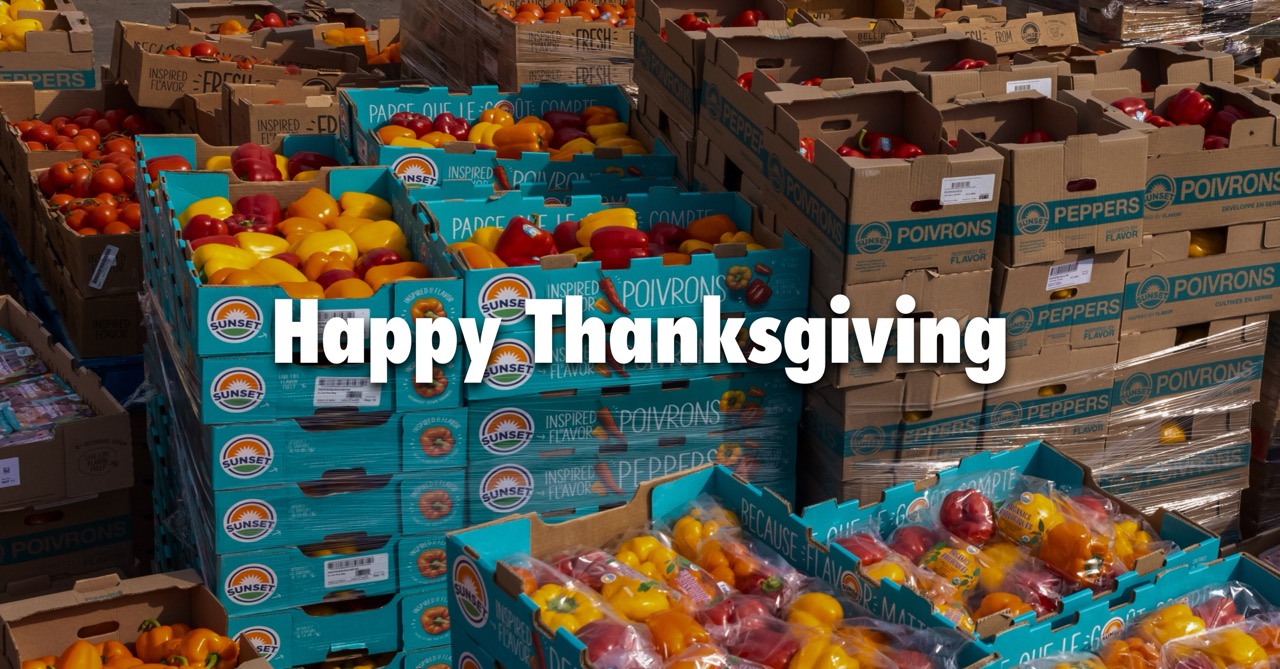
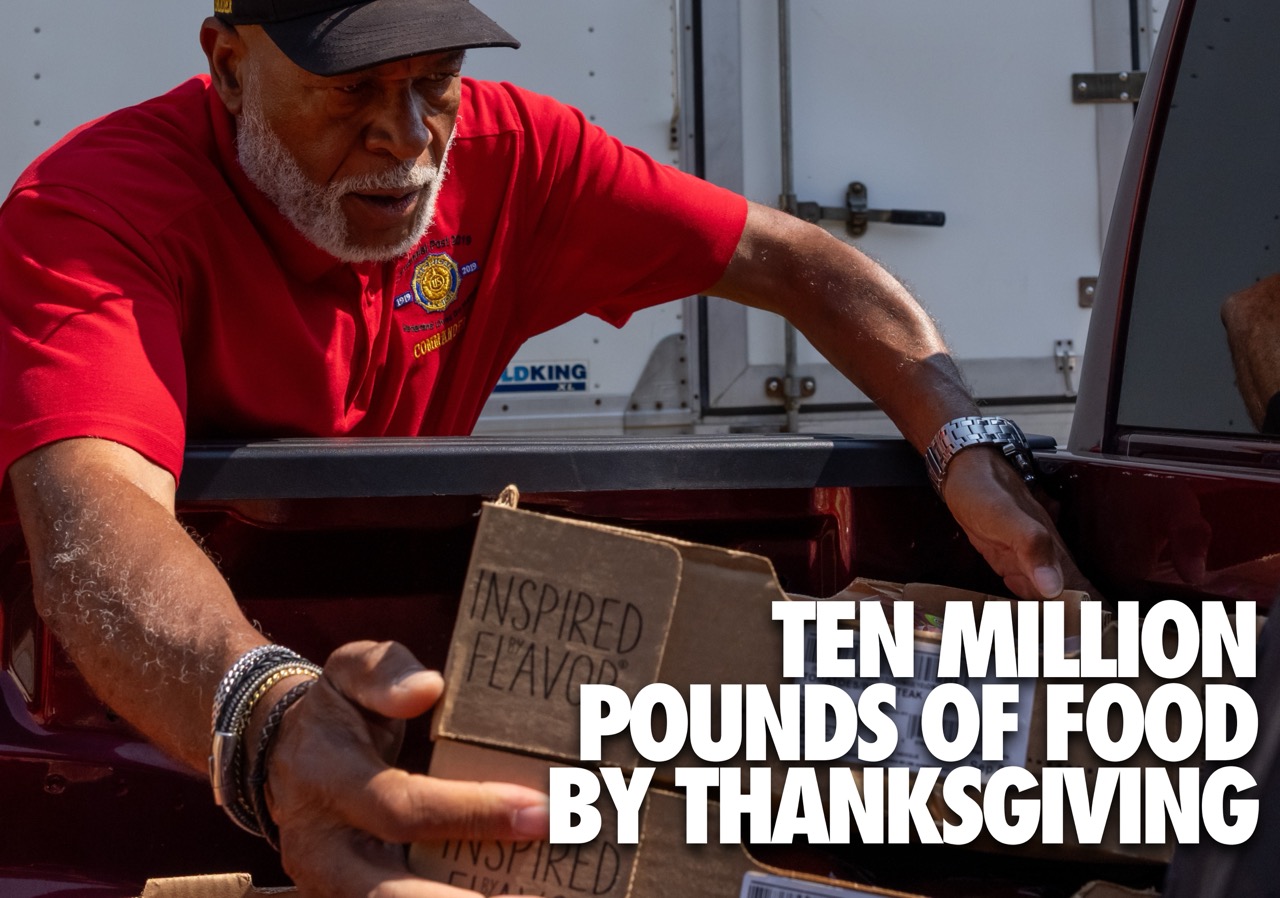
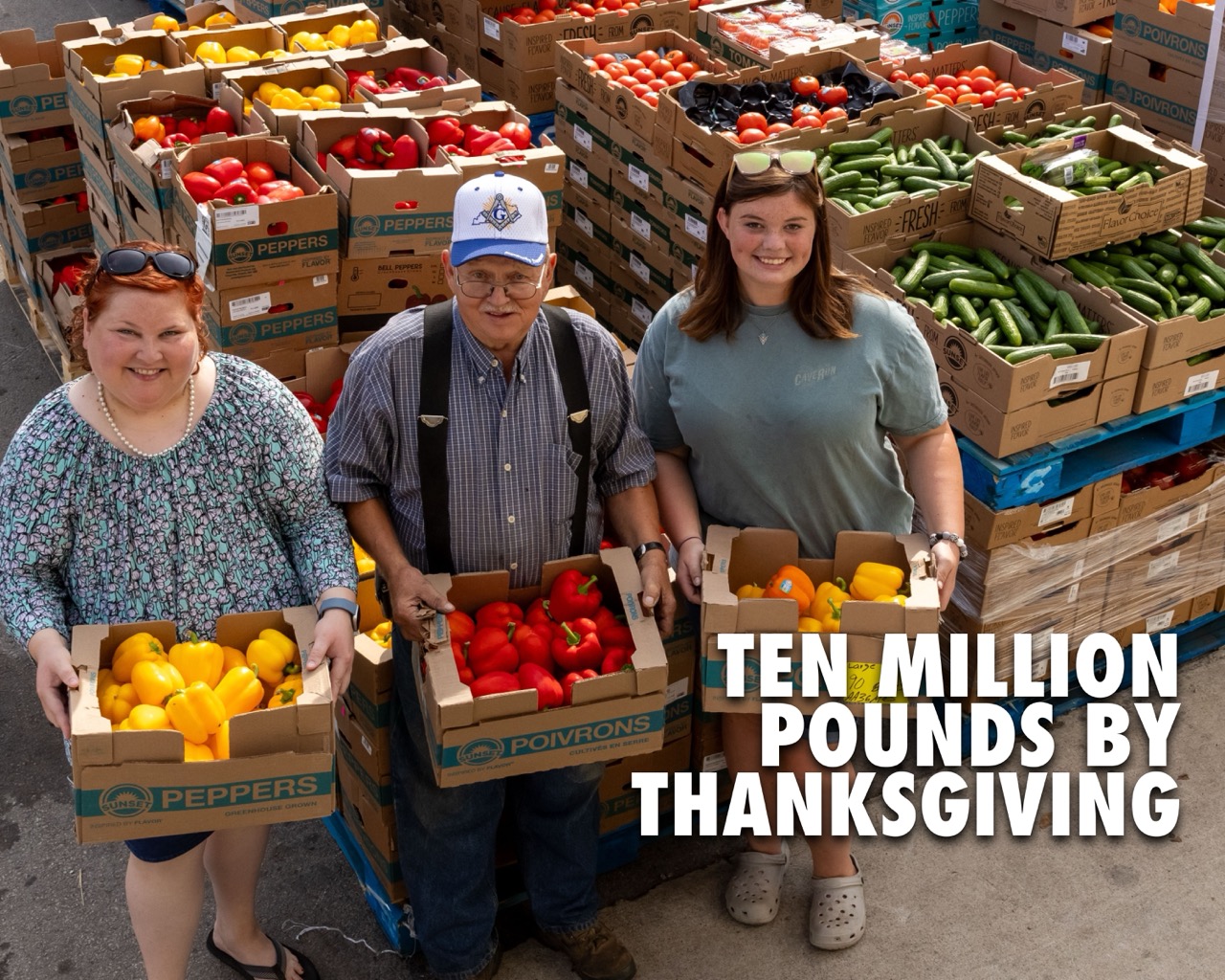
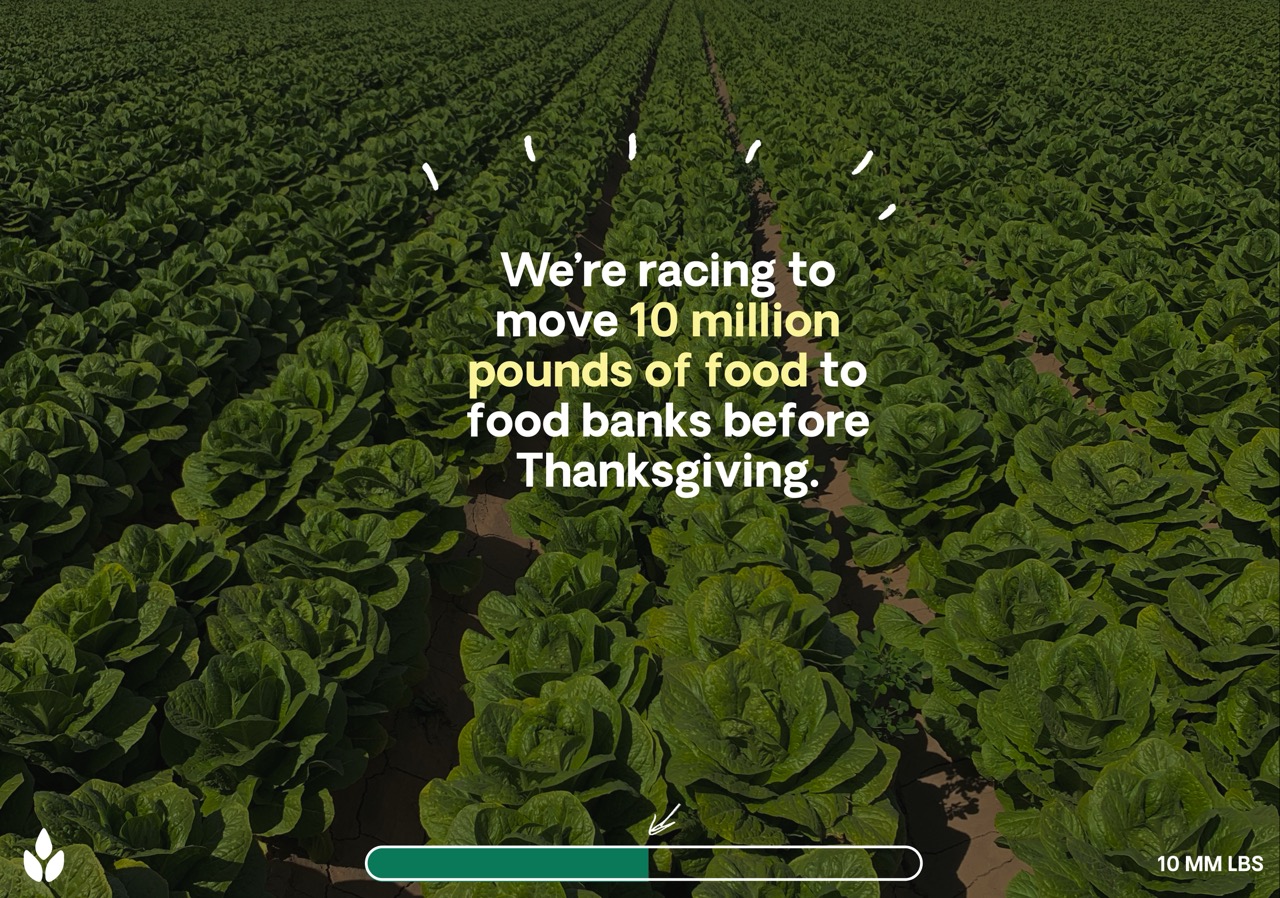
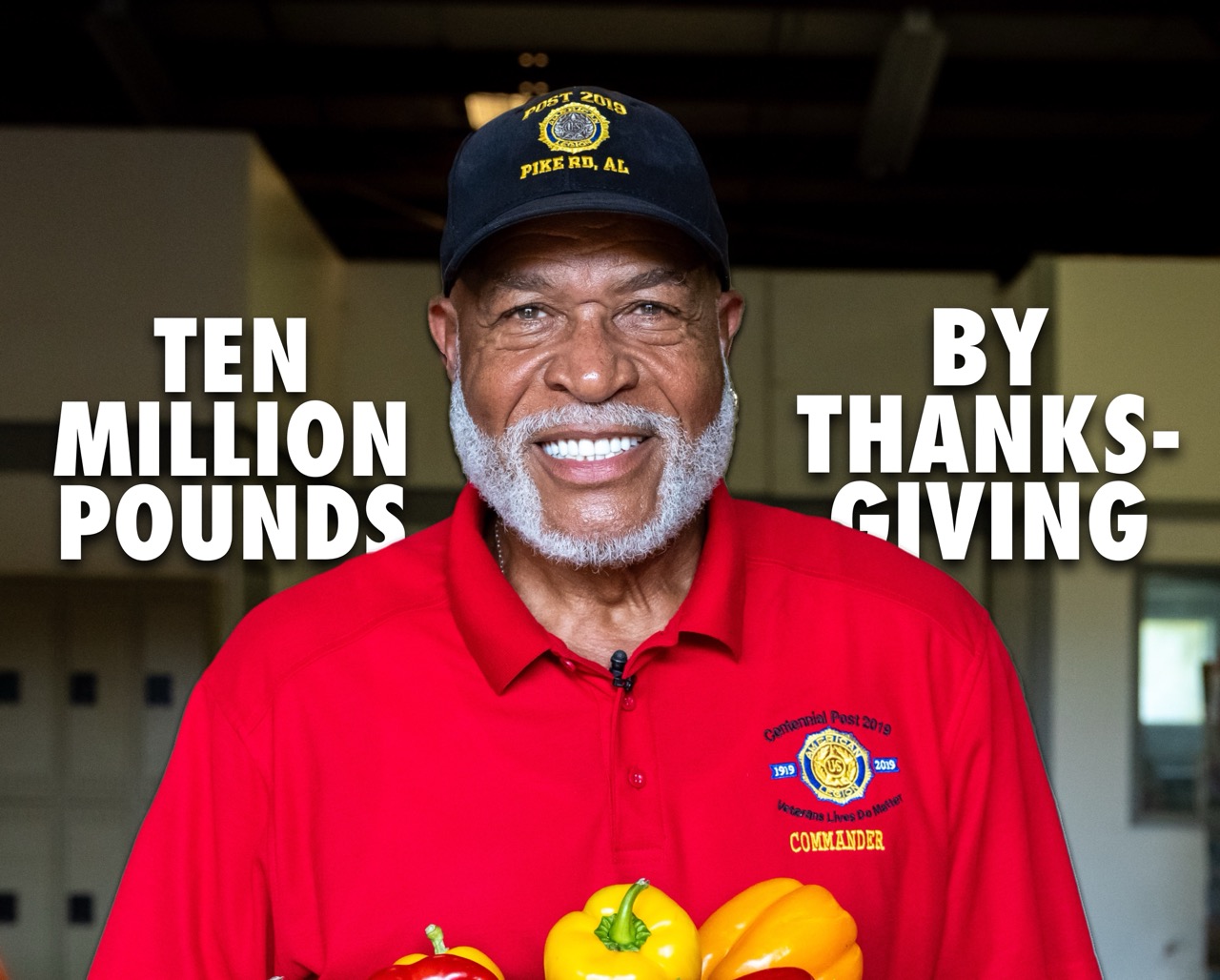
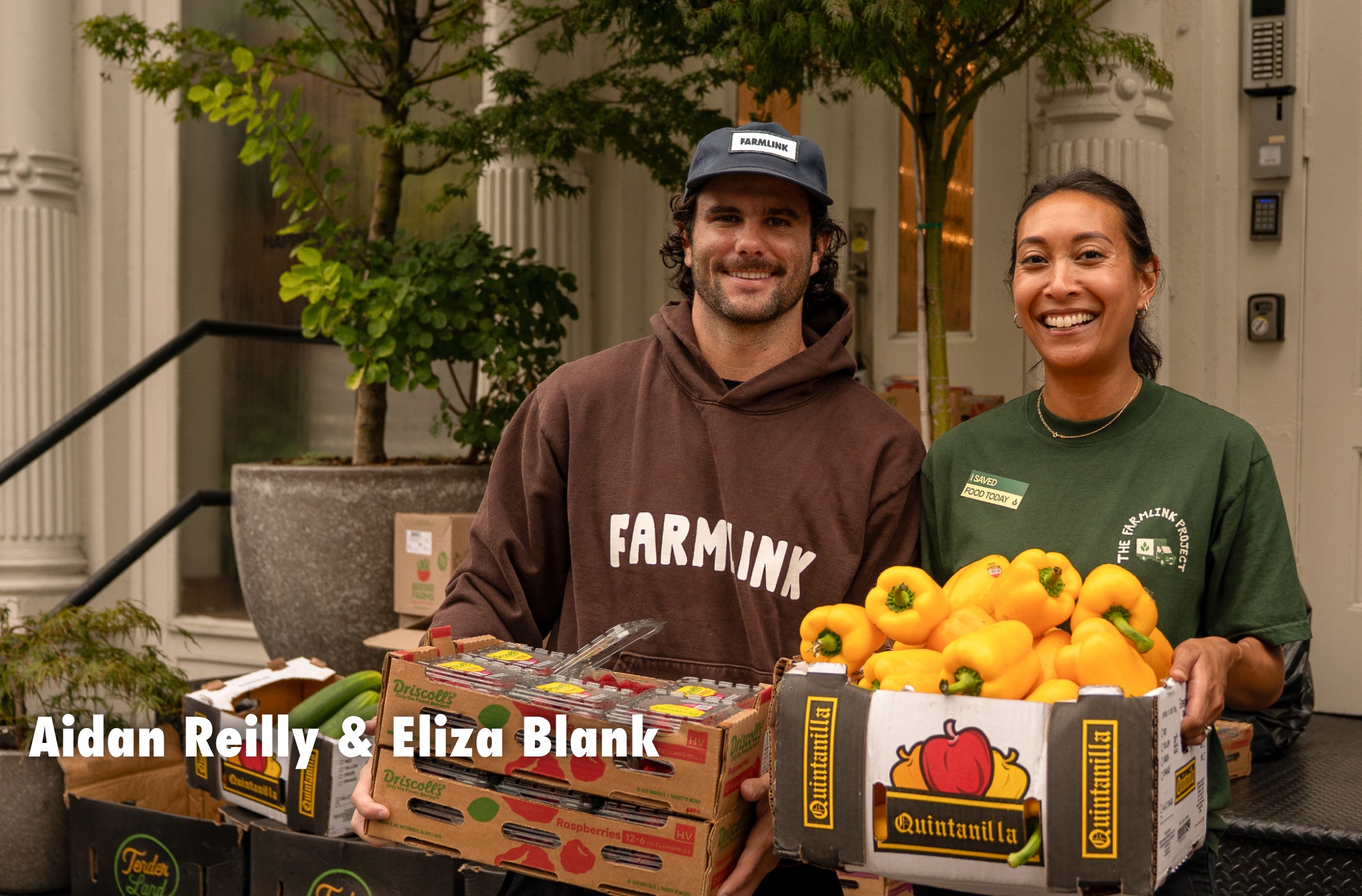
.svg)
.svg)
.svg)